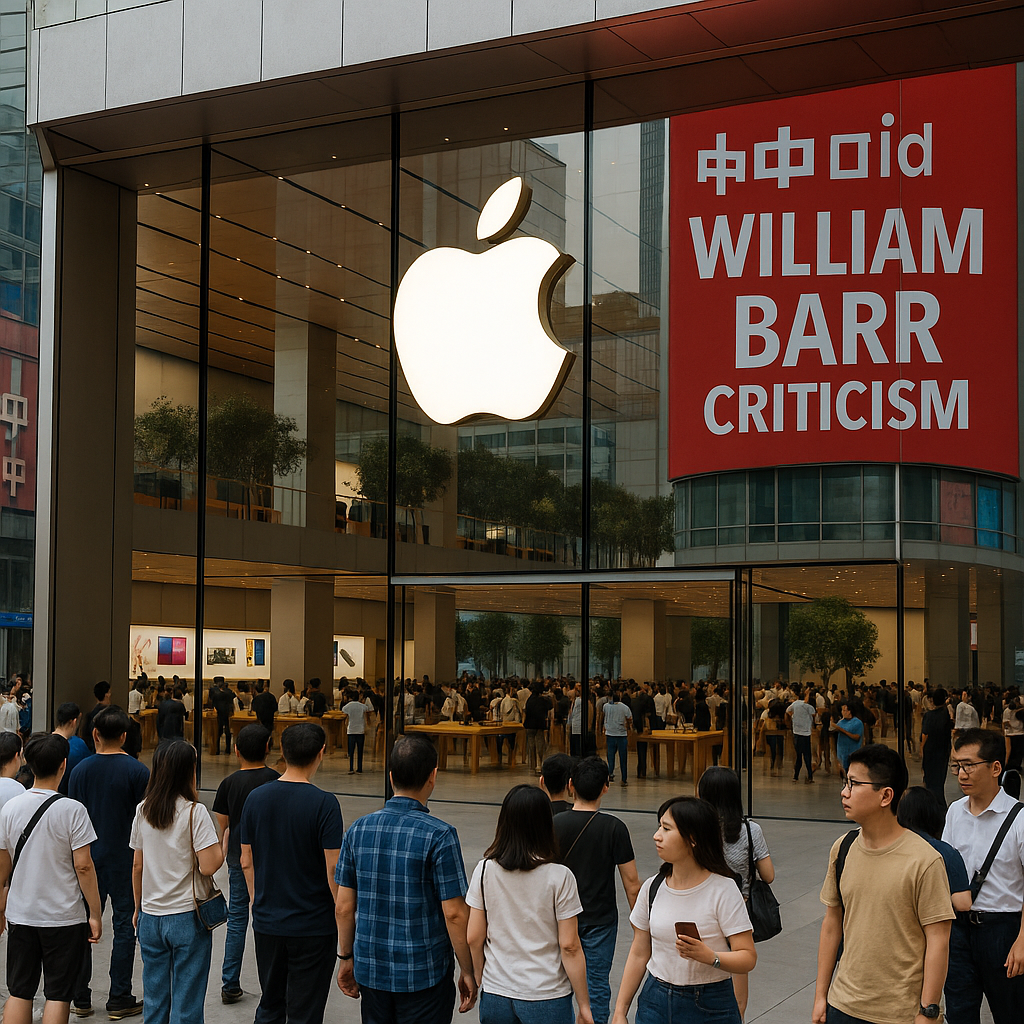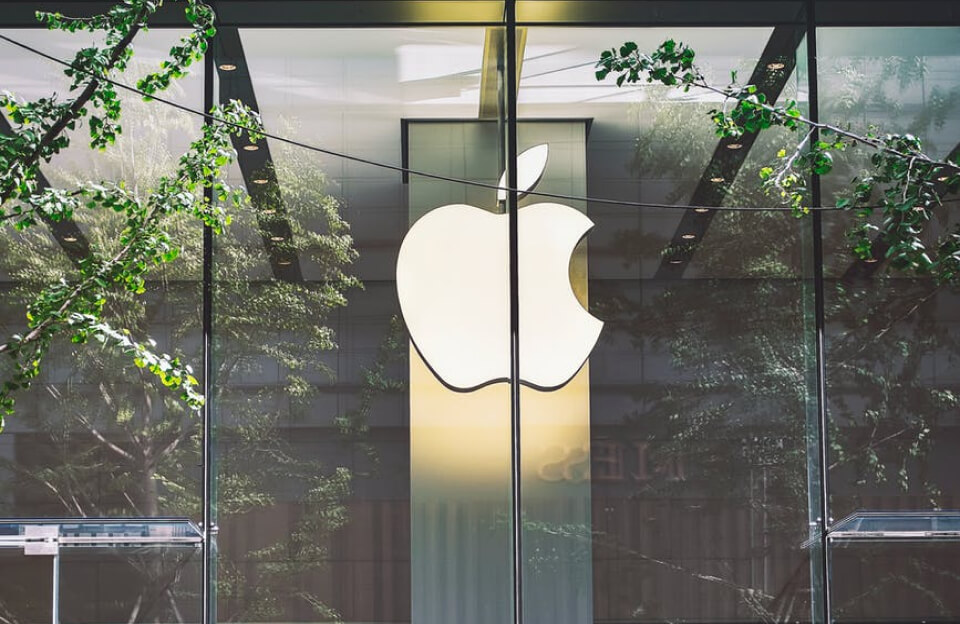Apple’s Expansion Strategy in China
Apple continues to push its global retail footprint, and nowhere is this more apparent than in China. Despite political challenges, Apple recognizes that China is its second-largest market after the United States, generating billions in revenue each quarter.
Why China Remains Apple’s Second-Largest Market
China has a massive middle-class population, and consumer demand for luxury electronics is strong. Apple products—particularly the iPhone and iPad—remain status symbols. Even with rising competition from Huawei, Xiaomi, and Oppo, Apple maintains a strong loyal customer base.
Apple’s History of Retail Growth in China
Apple entered China with its first official store in Beijing in 2008. Since then, it has steadily grown its retail presence, combining sleek architectural design with an immersive brand experience. The new megastore represents Apple’s continued bet on China despite trade tensions.
Details of the New Megastore Opening
Location, Size, and Unique Features
The new megastore is located in a prime shopping district, designed to handle thousands of visitors daily. It features cutting-edge displays, Genius Bar support, Apple Arcade demo zones, and large spaces for educational sessions.
Architectural Design and Customer Experience
Apple has always combined retail with architectural statements. The store includes glass walls, sustainable materials, and open floor designs—a hallmark of Apple’s retail philosophy pioneered by Jony Ive.
The Timing of the Launch
Why Apple Chose to Open Now
Apple launched the megastore during a rebound in consumer spending following COVID-era slowdowns. The company sees opportunity in pent-up demand, especially among young, tech-savvy professionals in urban China.
Market Signals and Consumer Demand
Recent earnings reports show resilience in China sales, making the expansion a logical move. However, the timing also puts Apple under the microscope of U.S. officials.
William Barr’s Criticism Explained

Background: Barr’s Role and Concerns
William Barr, former U.S. Attorney General, has long voiced concerns about U.S. companies deepening ties with China. His criticisms often center on national security risks and dependence on Chinese supply chains.
What He Said About Apple and China
Barr specifically warned about Apple’s reliance on China for both manufacturing and sales. He argues that by expanding its retail footprint, Apple risks becoming more vulnerable to political leverage from Beijing.
U.S.-China Tensions and Apple’s Position
Tech Competition and Security Concerns
The U.S. and China are in an ongoing tech rivalry, especially over 5G, AI, and semiconductor dominance. Apple finds itself walking a fine line—balancing U.S. national security priorities with its dependency on Chinese production.
Balancing Business Growth with Political Pressure
By opening another megastore, Apple demonstrates commitment to its Chinese customers. But it also faces accusations of ignoring political risks in favor of profits.
Economic Significance of the Store
Impact on Chinese Customers
For Chinese customers, the store is a win—greater product availability, better after-sales support, and access to in-person Apple services.
Impact on Apple’s Global Revenue
Apple’s revenue heavily depends on China. A stronger retail presence may boost quarterly sales and stabilize revenue during economic uncertainty.
Apple’s Relationship with the Chinese Government
Partnerships, Regulations, and Compliance
Apple works closely with local authorities to ensure compliance with Chinese regulations. This includes adhering to rules about content restrictions, app store approvals, and operations of cloud data services.
Data Storage and Privacy Concerns
Apple has faced criticism for hosting Chinese user data on servers managed by state-linked firms. Privacy advocates worry this could compromise security, despite Apple’s promises of strong encryption.
Public and Media Reactions
Reactions in China
Chinese customers have welcomed the store, often queuing up on launch day. Many view Apple products as reliable, premium, and aspirational.
Reactions in the U.S. and Globally
In the U.S., however, Apple faces scrutiny. Critics argue the timing of the store’s launch, amid Barr’s remarks, signals Apple’s prioritization of profits over national interests.
What It Means for Apple Users
Better Access to Products and Services
Chinese customers can now access Apple launches more quickly, with improved stock availability and faster service.
Pricing and Availability Updates
While Apple maintains premium pricing, having a local megastore helps with warranty handling, repair services, and education programs.
FAQs
1) Why did Apple open another megastore in China despite political pressure?
Because China remains its second-largest market, critical for growth.
2) What makes this store different?
It’s larger, features modern architectural design, and focuses on immersive brand experiences.
3) What was William Barr’s main criticism?
That Apple risks overdependence on China, making it vulnerable politically and economically.
4) How do Chinese customers view Apple?
Positively—Apple is seen as a luxury brand with superior quality.
5) Will Apple open more stores in China?
Most likely, as long as demand remains high and revenue from China continues to grow.
6) Does this expansion affect U.S.-China relations?
Indirectly, yes. Apple’s moves are often interpreted within the larger geopolitical landscape.
Conclusion
Apple opens another megastore in China amid William Barr criticism – a move that underscores Apple’s long-term commitment to one of its most profitable markets. While celebrated by Chinese customers, it raises alarms in Washington, highlighting the tension between global business expansion and political scrutiny.

